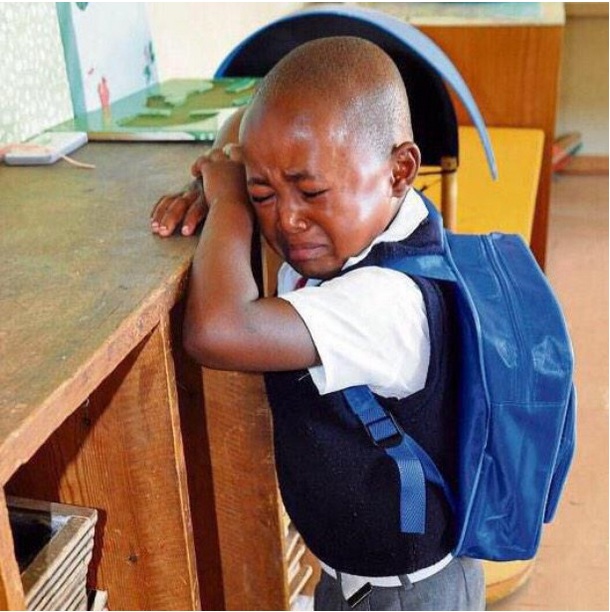
Children experiencing prolonged periods of sadness or persistent changes in behavior may be exhibiting signs of depression, caution health experts. Although occasional mood swings are normal, extended durations of such feelings, particularly when accompanied by other behavioral shifts, could indicate depression, according to physicians.
Physicians emphasize the importance of seeking appropriate treatment for children battling persistent depression, as untreated cases may negatively impact both physical and mental development.
Evidence suggests that depression affects one to three percent of children before puberty, affecting their thoughts, emotions, and actions.
Early-onset depression is a treatable condition, and urgent treatment is necessary for several reasons, caution senior health professionals. Ignoring early-onset depression can lead to lifelong challenges and is associated with later issues such as criminal behavior, substance abuse, and suicidal tendencies.
Depression in children requires special attention as it can disrupt normal learning and development processes, impede education, relationships, and family life, experts affirm.

Dr. Paul Agboola, a Psychiatrist and Medical Director of the Federal Neuropsychiatric Hospital, Aro, Abeokuta, Ogun State, warns that untreated depression in children could affect the functioning of vital organs such as the heart, kidneys, liver, lungs, and blood vessels. He advises parents of children with clinical depression to seek treatment promptly.
Depression can manifest in children through signs such as reduced interest in school, bedwetting, appetite loss, weight loss, and disinterest in activities.
Contributing factors to childhood depression include child abuse, family history of mental illness, environmental influences, traumatic events, war, and parental loss.
The United Nations Children’s Fund (UNICEF) states that depression in children can result from various stressors such as abuse, school violence, loss of a loved one, or family issues like domestic violence or separation.
Dr. Agboola underscores the comprehensive impact of depression on bodily functions, emphasizing that untreated depression can affect hormone production and disrupt various bodily systems.
Depression in children, although less common than in adults, can be detected by mental health professionals even if symptoms differ from those in adults.
Treatment for childhood depression involves multidisciplinary approaches, including psychiatrists, psychologists, social workers, nutritionists, and speech therapists, according to Dr. Agboola.
Professor Edamisan Temiye, a Consultant Paediatric Haematologist and Oncologist at the Lagos University Teaching Hospital, Idi-Araba, cautions against using food deprivation as punishment for children, as it may lead to depression. He advises against associating rewards or punishments with food and warns against harsh disciplinary measures that could contribute to depression and violent behavior in children.
